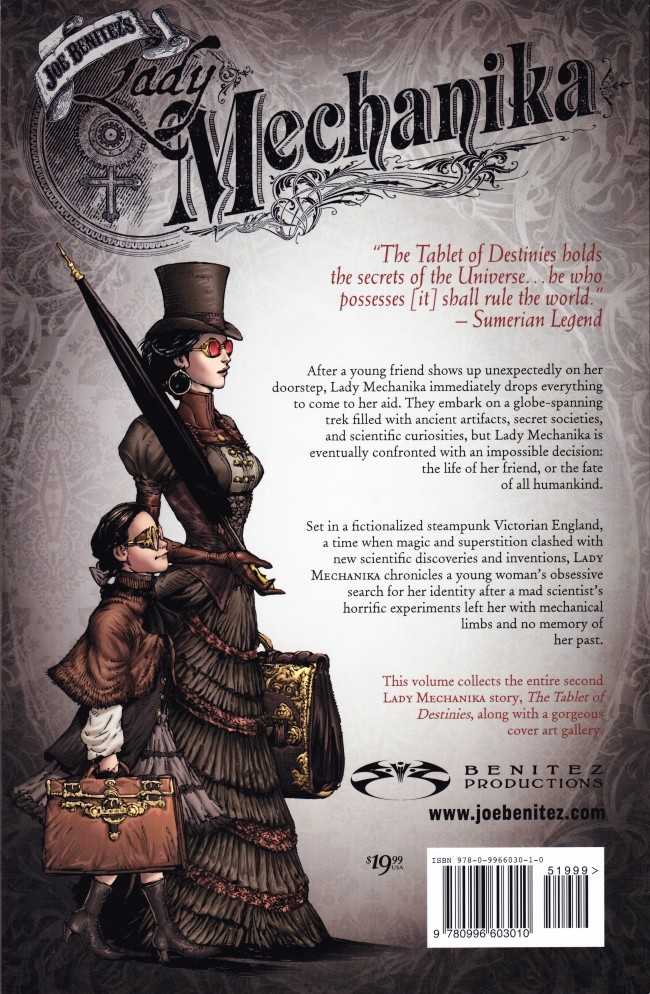
“We lived in terror of everything that happens by chance,” he admits. Men yearn for certainty, Utnapishtim observes, for which they make sacrifices to appease gods protect themselves “behind a barrier of prayers, invocations, exorcisms” and worship talismans, spells, and omens. Foremost among the magical objects coveted by gods and men is the Tablet of Destinies, “in which everything that was and was becoming the world could concentrate.” The Tablet instructed “how to celebrate the rites and implement the law.” It ensured order. But at Ea’s bidding, Utnapishtim builds a vessel to save all living creatures and is rewarded by spending eternity on Dilmun. The solution: a flood to destroy the Earth and its unruly inhabitants. “Instead, my fate has been to see afar, but from a place no one else can reach.” Central to his stories are a host of vengeful, capricious, murderous gods who create humans from clay and gods’ blood only to become annoyed when their creations become too boisterous and noisy.

“I would have liked to be someone who dwells in the midst of everything and sees afar,” he tells the sailor.

Translated by Parks, the narrative unfolds as a conversation between Utnapishtim and Sindbad, a sailor who washes up on the island of Dilmun, where Utnapishtim has lived for thousands of years under the protection of Ea, god of fresh water. In the 11th volume of a project that began in 1983, Italian publisher, translator, and polymath Calasso (1941-2021) continues his investigation of ancient religion and philosophy with an interpretation of Mesopotamian mythology.

A universe of blood, violence, and magic.


 0 kommentar(er)
0 kommentar(er)
